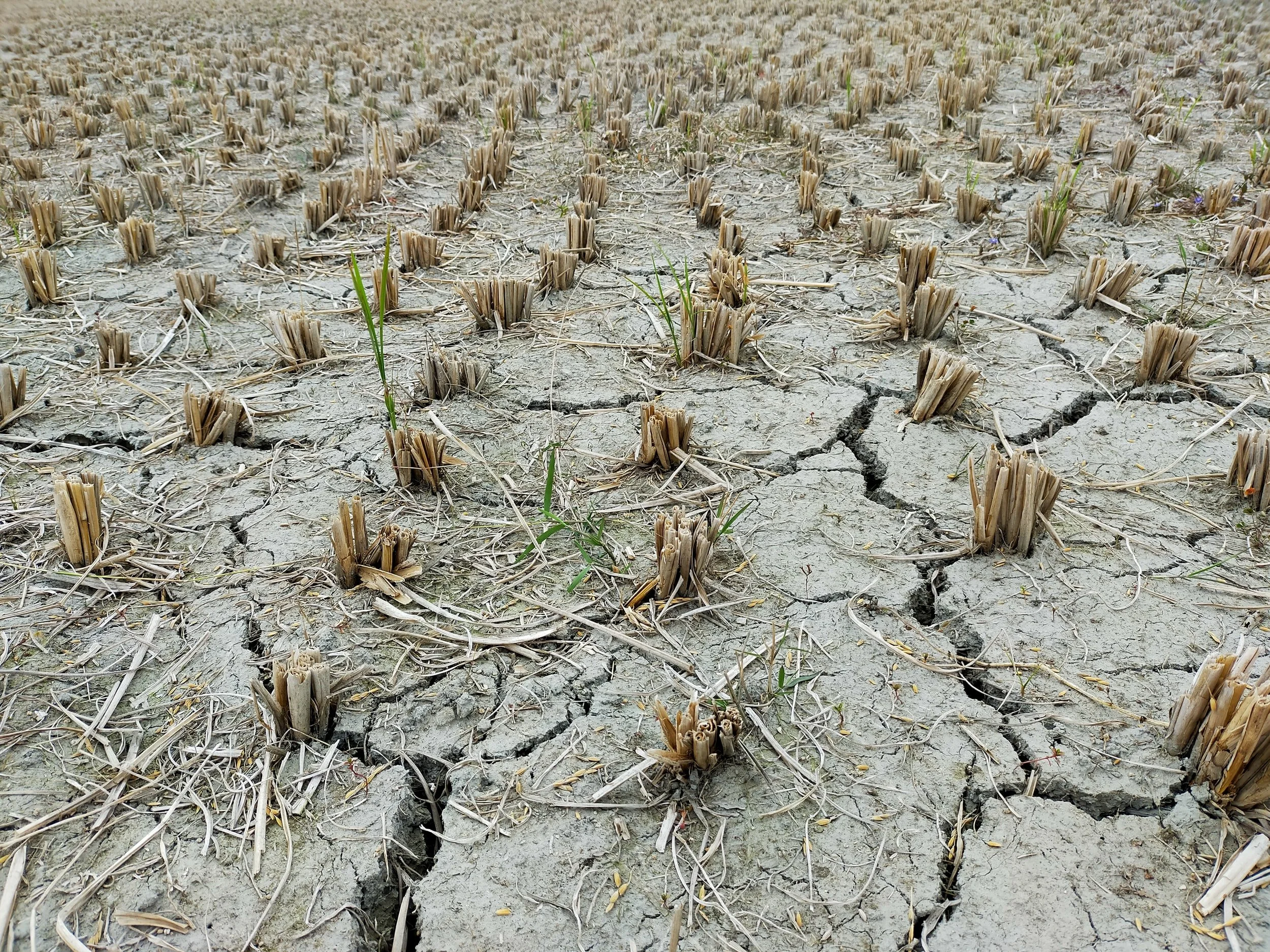Climate change is increasingly driving migration throughout the world. Yet, as climate change weakens economic growth in countries in the Global South, many are finding themselves too poor to migrate, stripping many of a key climate adaptation tool. This was one of the main findings of a recent study by the Potsdam Institute for Climate Impact Research (PIK).
UN Decision on Torres Strait Islanders a Major Win for Indigenous Peoples and Climate Justice
The UN Human Rights Committee has found that Australia violated the rights of Torres Strait Islanders by failing to adequately protect them from the impacts of climate change, in a major decision with implications for climate justice and the protection of Indigenous Peoples’ rights in the face of climate change, as reported by Kristen Lyons in the Law Society of New South Wales Journal. The Committee concluded that Australia’s insufficient climate action constituted a violation of the Islanders rights to enjoy their culture and “be free from arbitrary interferences with their private life, family, and home,” as the UN High Commissioner for Rights press release states.
Pakistan Floods Highlight Funding Shortfall for Climate Adaptation, Loss & Damage
The aid flowing to Pakistan from the US, UK and other developed countries is not only insufficient, it’s inadequate in the face of the Global North's historic and continued carbon emissions. Aid alone will not be sufficient to respond to the growing climate crises in Pakistan and Global South countries. The era of loss and damage from the climate crisis is here, and it’s time for the Global North to pay up for its part in creating and perpetuating the climate crisis.
Bangladesh’s Flood Displacement: Yet Another Case for Loss & Damage
Not only are rural households predominately reliant on agriculture and thus highly vulnerable to climate change, but due to a lack of support financially both nationally and internationally, they are forced to spend their own limited resources on preparing and responding to climate disasters. In the face of all this, the recently concluded preparatory climate talks for COP27 in Egypt in November, saw wealthy high emitting nations side-step previous promises and obligations to address the loss and damage the climate crisis is inflicting on the Global South. Once again, promises made, but not kept, and one need only look to the present floods in Bangladesh and so many more disasters to see the inherent injustice in this.
Temperature Rise, Increased Droughts Will Cause Widespread Loss & Displacement in Middle East & Beyond
Human migration due to droughts in particular will increase by at least 200% throughout the rest of the 21st century, according to a recent study published in International Migration Review. The Stony Brook University team worked from 16 climate models and social science data to generate their predictions, focusing on two scenarios. In an ‘optimistic’ scenario, in which countries live up to their Paris Agreement commitments, the percentage increase in drought-induced migration stands at 200%. In a pessimistic scenario, based on current energy use and emissions, that number has the potential to reach a staggering 500% increase.
New Proposal to Address Climate Migration Protection Gap as India Hit Hard
Reflecting the need for fairness and solidarity in any framework meant to tackle the complex issues around climate migration, the researchers argue that those seeking asylum should be absorbed in host countries according to cumulative greenhouse gas emissions. This principle of proportionality is central to ongoing discussions about climate change, particularly loss and damage. Indeed, while it continues to ruffle feathers in wealthy countries, it is undeniable that the people and countries least responsible for climate change are bearing the brunt of its negative effects.







